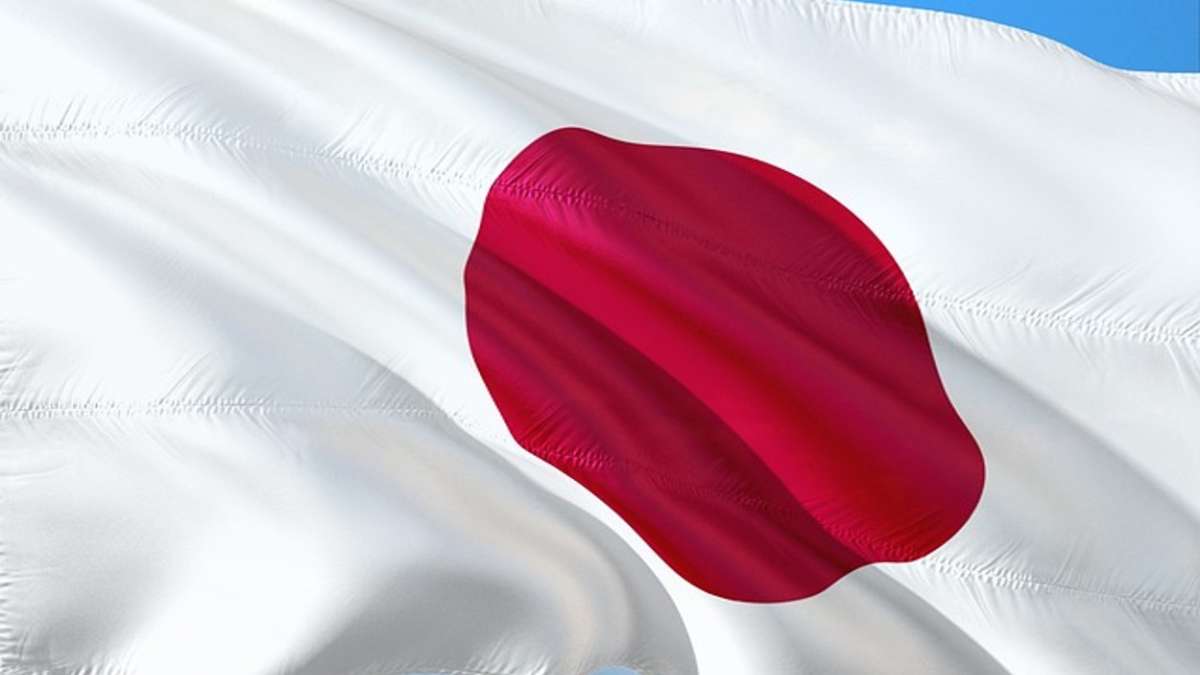
Japan has slipped to the world’s fourth-largest economy, falling behind the United States, China, and now Germany, according to government data released on Thursday. This shift highlights the gradual decline in Japan’s competitiveness and productivity, exacerbated by its ageing population and declining birth rate.
Previously the second-largest economy behind the US, Japan fell to the third-largest in 2010 as China’s economy expanded. The International Monetary Fund had forecasted Japan’s decline to fourth place.
The comparison among nations’ economies is based on nominal GDP, which is not adjusted for different national conditions and is measured in dollar terms. Japan’s nominal GDP totaled USD 4.2 trillion last year, while Germany’s was slightly higher at USD 4.4 trillion or USD 4.5 trillion, depending on the currency conversion.
In the latest October-December quarter, Japan’s economy contracted at an annual rate of 0.4 percent and 0.1 percent from the previous quarter, according to Cabinet Office data on real GDP. However, for the year, real GDP grew by 1.9 percent compared to the previous year.
Both Japan and Germany have traditionally relied on strong small and medium-sized businesses with solid productivity. However, Germany has demonstrated a robust economic foundation supported by a strong euro and inflation, while Japan has faced challenges due to a weak yen and other factors contributing to its economic weakening.
Tetsuji Okazaki, a professor of economics at the University of Tokyo, noted that Japan’s influence in the world is likely to diminish further in light of these recent developments. He suggested that Japan’s decline could also be attributed to its relatively limited acceptance of foreign labour and the slow progress of robotics in addressing the country’s labour shortage.
Historically, Japan was celebrated for its economic prowess, often referred to as an “economic miracle.” However, looking ahead, Okazaki believes the outlook for Japan in the next few decades is bleak, with factors such as immigration policies and advancements in technology playing significant roles in shaping its future.
(With PTI inputs)